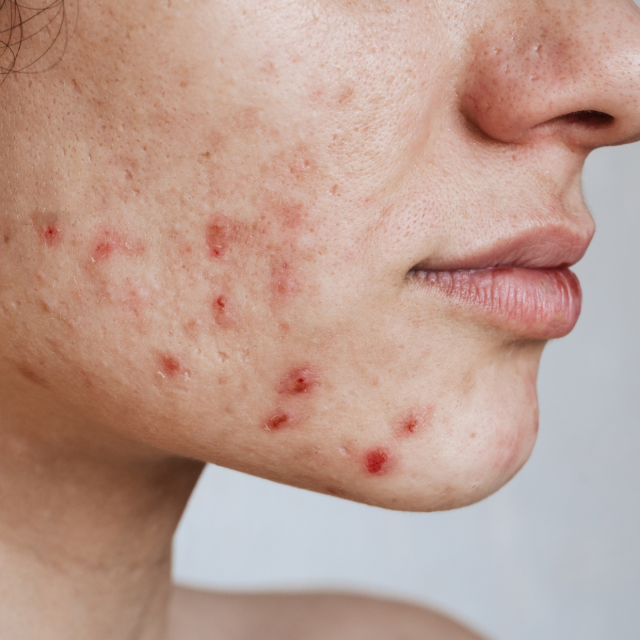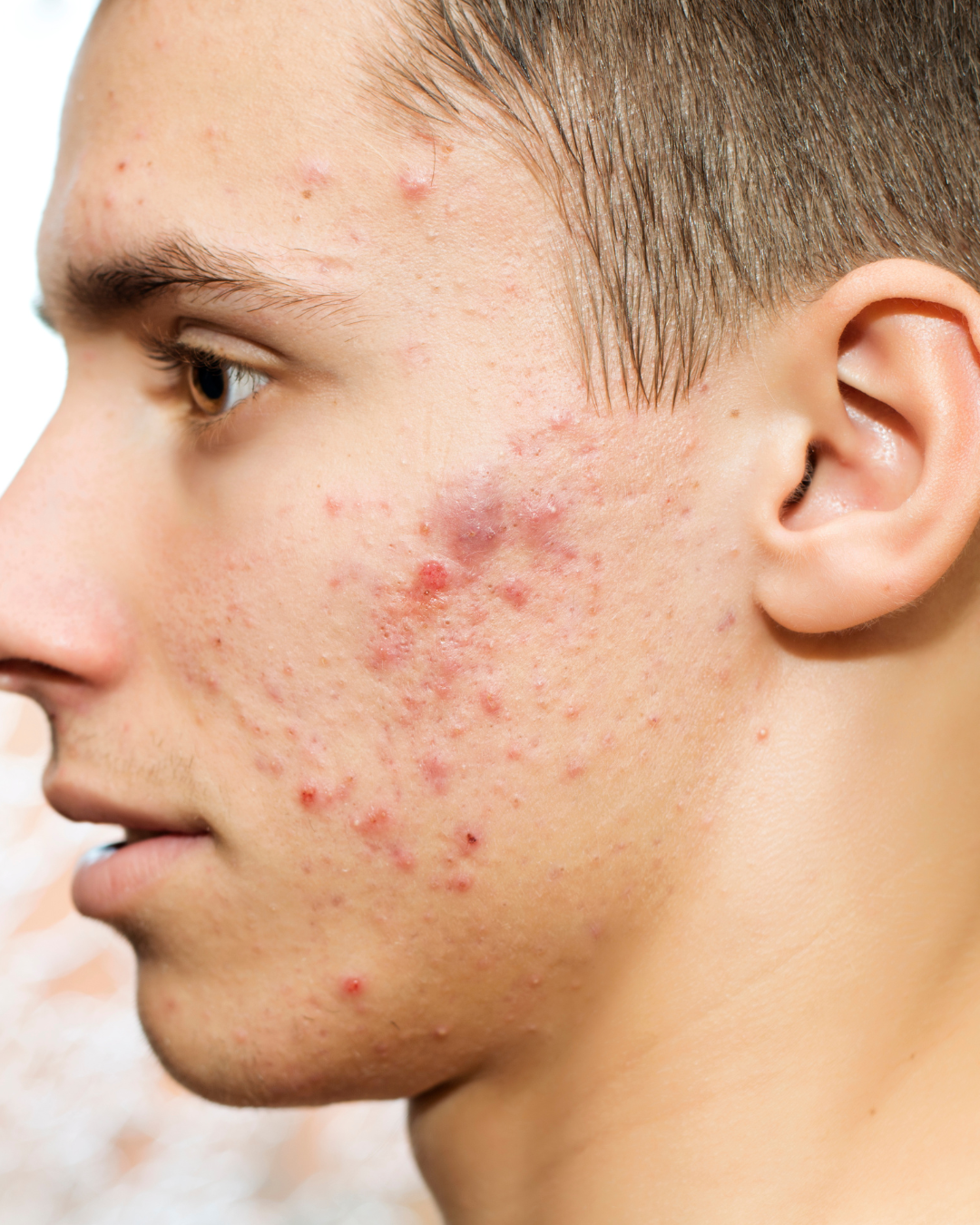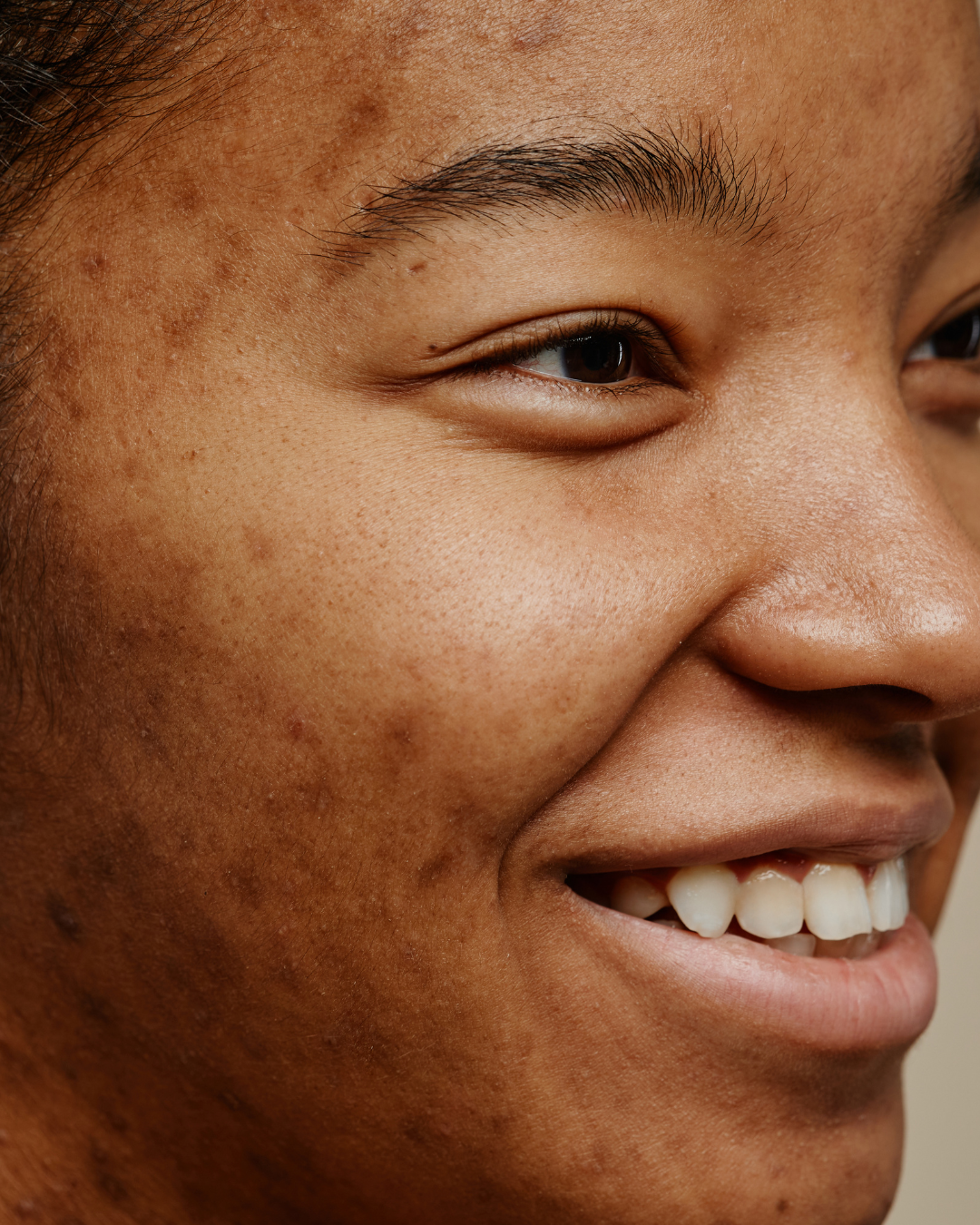
Acne is more than just a skin condition—it can impact self-esteem, confidence, and your daily life. At SRGN Clinic, we understand how frustrating and emotionally draining acne can be. That’s why we offer tailored acne treatments designed to not only clear your skin but also help you regain your confidence.

Acne is one of the most prevalent skin conditions globally, impacting people of all ages and backgrounds. At its core, acne develops when hair follicles become clogged with oil, or sebum, and dead skin cells, leading to various types of blemishes. These blemishes range from small blackheads and whiteheads to more inflamed papules, pustules, nodules, and even cysts, which can cause pain and, in severe cases, leave lasting scars. Each type of acne lesion represents a different level of blockage or inflammation within the follicle, and understanding these distinctions can help individuals manage and treat their specific type of acne more effectively.
The appearance of acne is most commonly associated with the face, but it can also develop on the chest, back, shoulders, and even the neck. While some individuals may experience only mild breakouts, others struggle with more severe forms like cystic acne, which can be particularly challenging to treat. The severity of acne often varies, influenced by factors such as hormone levels, skin type, and environmental exposures. For many, this condition is more than a temporary nuisance; it can have long-lasting physical and emotional impacts, particularly when breakouts are recurrent or resistant to conventional treatments.
There is no single cause of acne. Instead, it’s often the result of several factors working together, including:

Yes, acne is treatable, and the earlier you seek professional care, the better the outcome. While over-the-counter treatments might provide temporary relief for some, professional treatments are often required to target the root causes of acne and prevent future breakouts. Additionally, we offer treatments to reduce acne scarring, which can significantly improve the overall appearance and texture of the skin.
Acne doesn’t discriminate—it can affect people of all ages, genders, and skin types. However, certain individuals are more prone to acne due to:
Sylfirm X is a cutting-edge treatment that combines micro-needling with radio-frequency technology to treat active acne and reduce acne scars. This advanced treatment promotes collagen production and improves skin texture, helping to smooth out scars while also targeting acne-causing bacteria and excess oil. Sylfirm X is highly effective for those looking to rejuvenate their skin and prevent future breakouts.
Dracula Facial therapy involves using your body’s own platelets to promote healing and regeneration in the skin. When applied to acne-prone areas or acne scars, Dracula Facial can help reduce inflammation, stimulate collagen production, and improve skin texture. This natural approach is ideal for individuals looking for a regenerative treatment with minimal downtime.
HydraFacial is a gentle yet effective treatment that deeply cleanses the skin, unclogs pores, and removes dead skin cells. It also infuses the skin with hydrating serums to nourish and protect the skin barrier. HydraFacial is perfect for those with mild to moderate acne, offering a non-invasive solution to improve skin clarity and prevent future breakouts.
Chemical peels are a highly effective treatment for reducing acne and improving skin texture. By applying a specialised chemical solution to the skin, we can exfoliate the outer layers, reducing excess oil, dead skin cells, and acne scars. Chemical peels are suitable for individuals with moderate to severe acne or those looking to reduce post-acne pigmentation.